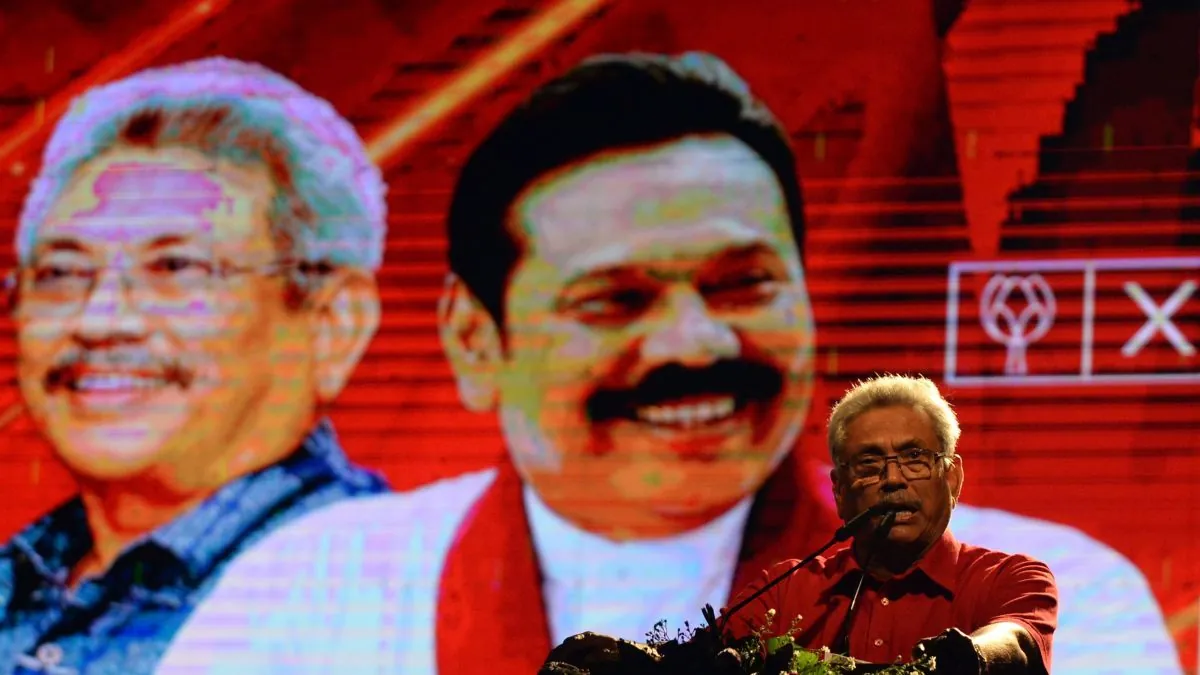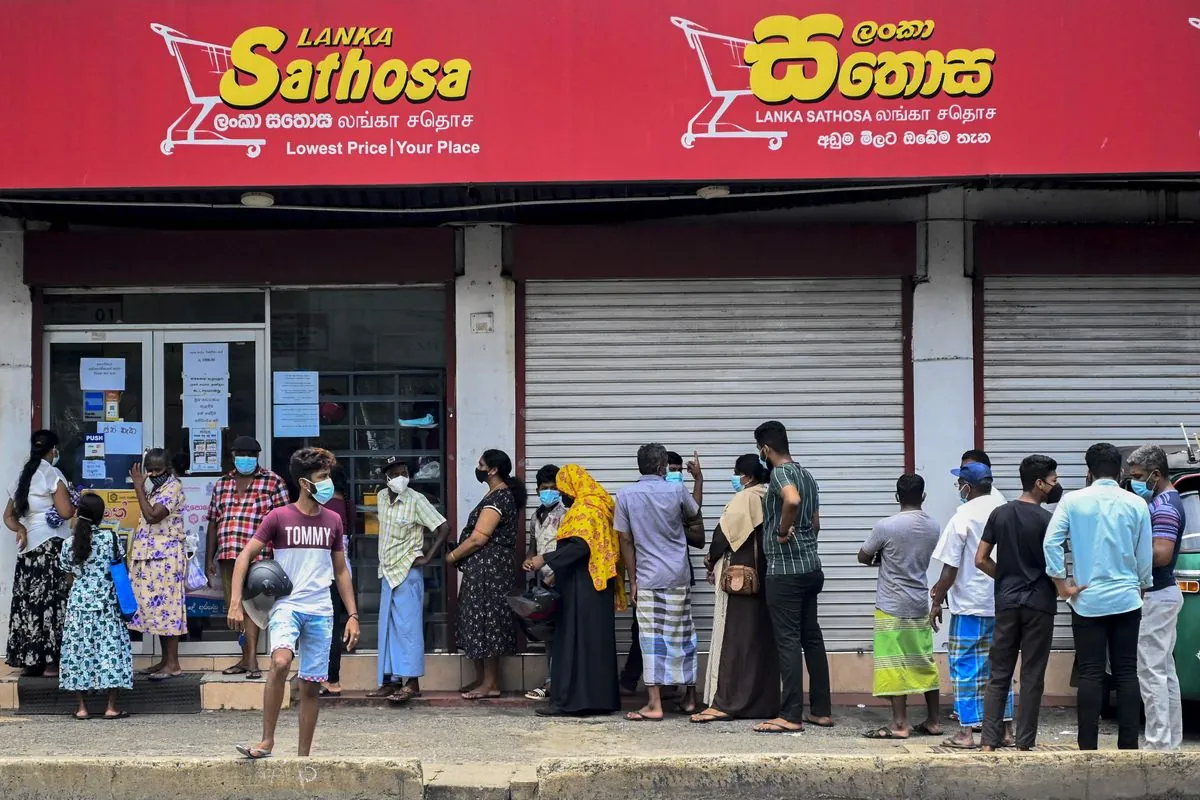Record 39 Candidates Vie for Sri Lanka's Presidency Amid Economic Reforms
Sri Lanka's upcoming presidential election sees a record 39 candidates, focusing on economic reforms. The vote, scheduled for September 21, 2024, will shape the nation's financial future amidst ongoing recovery efforts.

Sri Lanka's Elections Commission has accepted applications from an unprecedented 39 candidates for the upcoming presidential election, scheduled for September 21, 2024. This record-breaking number of contenders highlights the significance of the vote in determining the future direction of the island nation's economic reforms.
Ranil Wickremesinghe, the current president, is among the candidates seeking to continue his administration's efforts to stabilize the economy. Under his leadership, Sri Lanka has seen improvements in key economic indicators, with inflation dropping from 70% two years ago to around 5% today. The country has also experienced a rebound in its currency value and an increase in foreign reserves.
However, the effects of these reforms have yet to reach many ordinary citizens, who continue to grapple with a high cost of living. Critics argue that the government's policies have disproportionately affected professionals and businesses through increased taxation.

The election comes in the wake of a severe economic crisis that peaked in 2022, resulting in shortages of essential goods and widespread civil unrest. This turmoil led to the resignation of former President Gotabaya Rajapaksa and the subsequent appointment of Wickremesinghe by parliament.
Sri Lanka's recovery efforts are closely tied to a bailout program from the International Monetary Fund (IMF), which includes debt restructuring and financial reforms. The government has successfully negotiated with creditor countries to defer debt repayments until 2028, providing some breathing room for economic rebuilding.
Among the main challengers to Wickremesinghe are opposition leader Sajith Premadasa and Anura Dissanayake, who leads a leftist party that has gained popularity among those disillusioned with traditional political factions. The candidacy of Namal Rajapaksa, son of former President Mahinda Rajapaksa, will test the enduring influence of the once-powerful Rajapaksa family.
"We aim to make Sri Lanka a developed nation by 2048, marking the centenary of our independence."
This election is particularly crucial as Sri Lanka, an island nation with a rich history and diverse culture, seeks to overcome recent challenges and capitalize on its potential. With a population of approximately 22 million and a literacy rate exceeding 90%, the country boasts significant human capital. Moreover, its natural beauty, including eight UNESCO World Heritage Sites, positions it as a potentially lucrative tourist destination.
The outcome of this election will not only shape Sri Lanka's economic trajectory but also influence its role in the region. As the nation strives to balance economic reforms with social welfare, the chosen leader will face the task of navigating complex international relationships and domestic expectations.
As the campaign unfolds, candidates will need to address key issues such as sustainable development, environmental conservation, and social equity. With its diverse wildlife, including elephants and leopards, and its status as a major tea exporter, Sri Lanka has unique assets that could contribute to its economic revival if managed effectively.
The record number of candidates reflects the vibrant democratic process in Sri Lanka, a country that has faced significant challenges since gaining independence from Britain in 1948. As voters prepare to cast their ballots, the world watches to see how this pivotal election will shape the future of this resilient island nation.


































